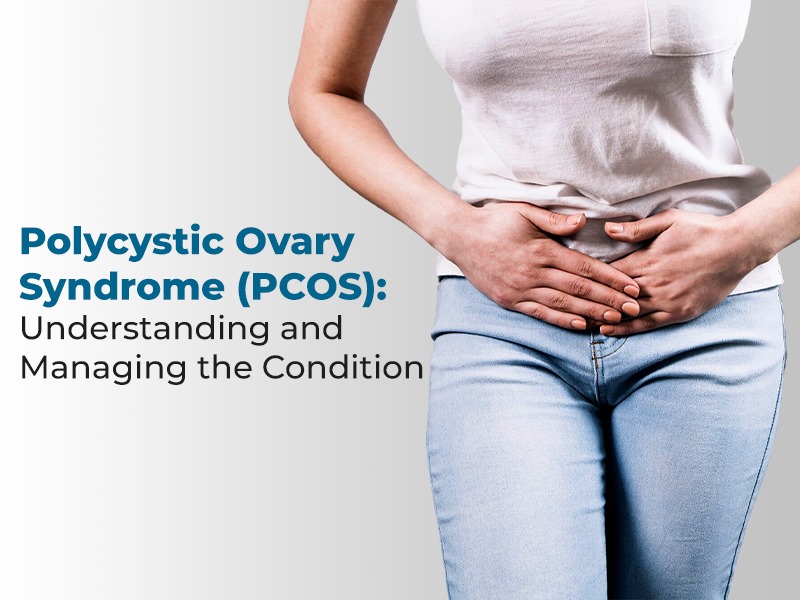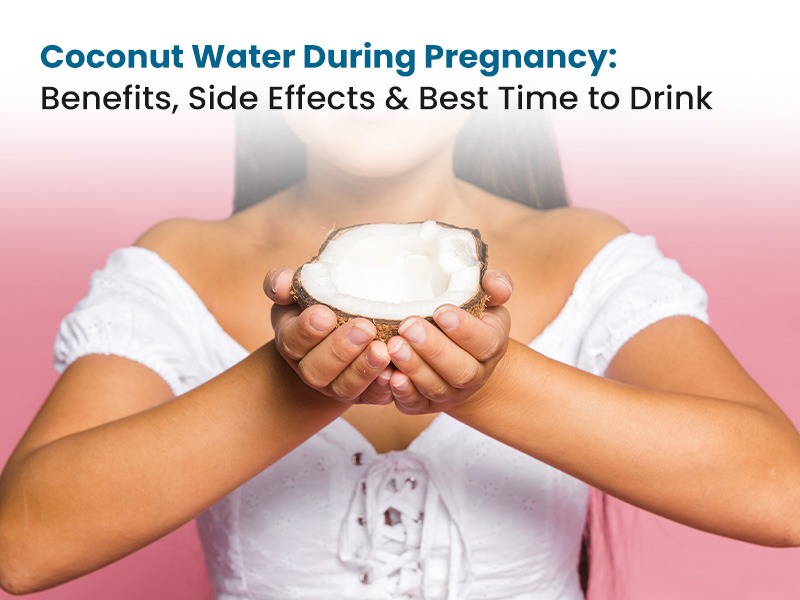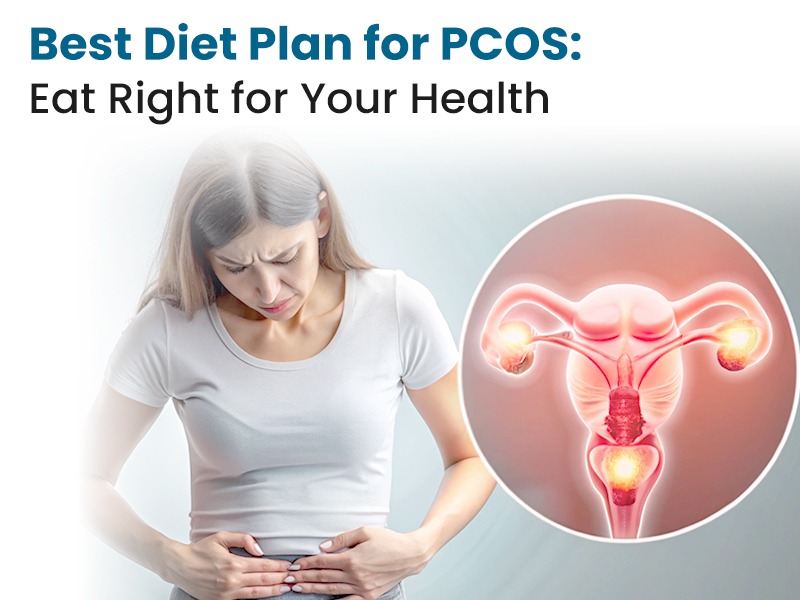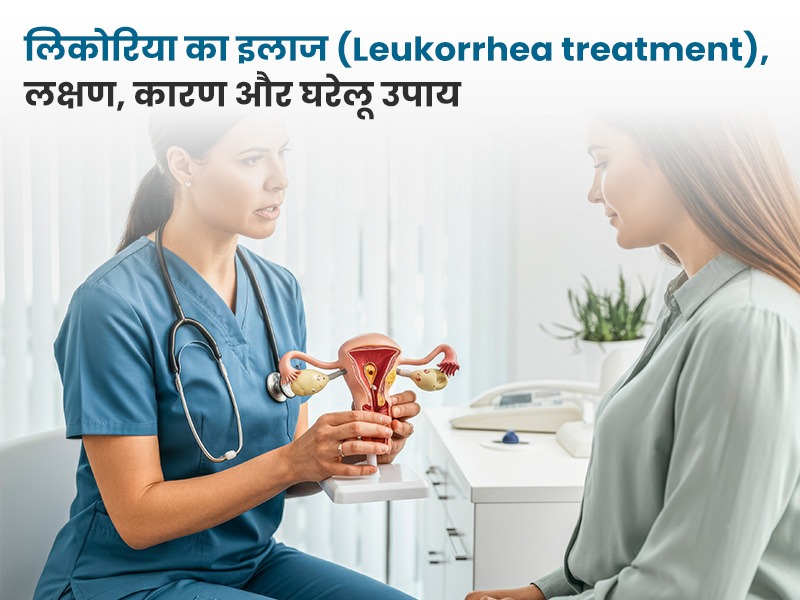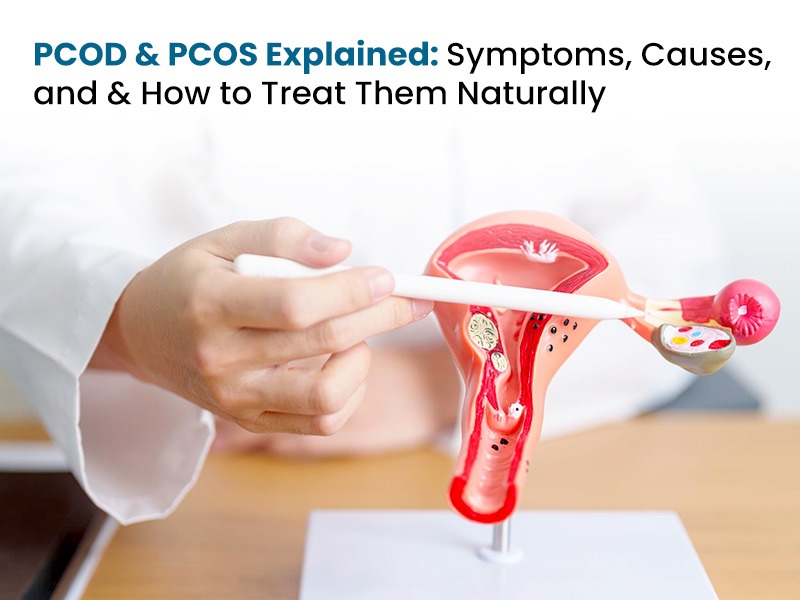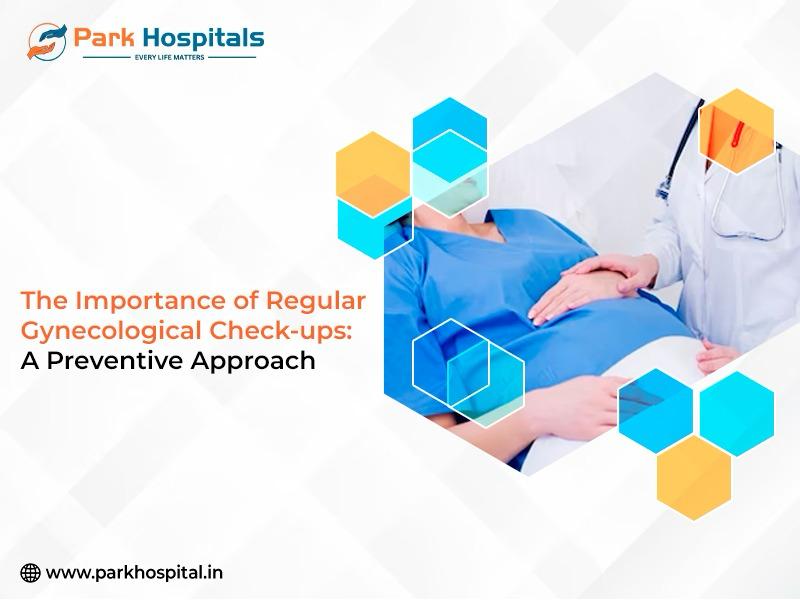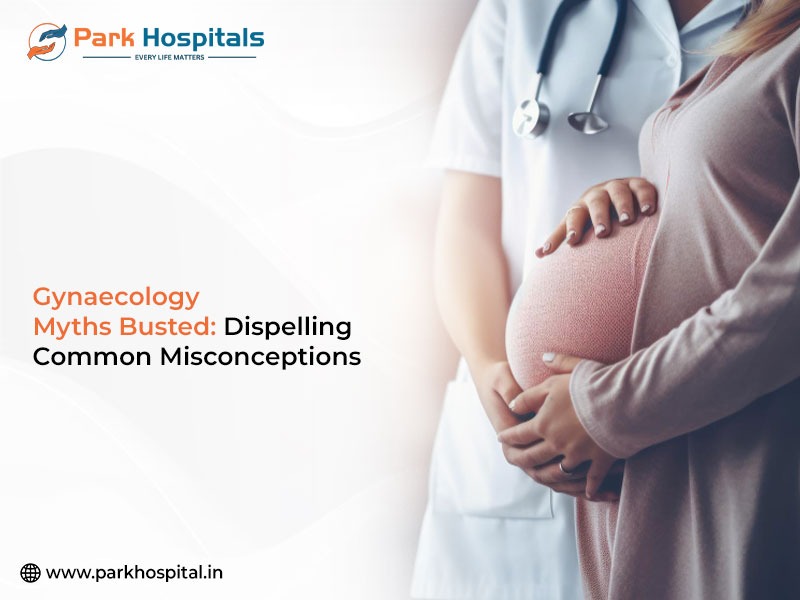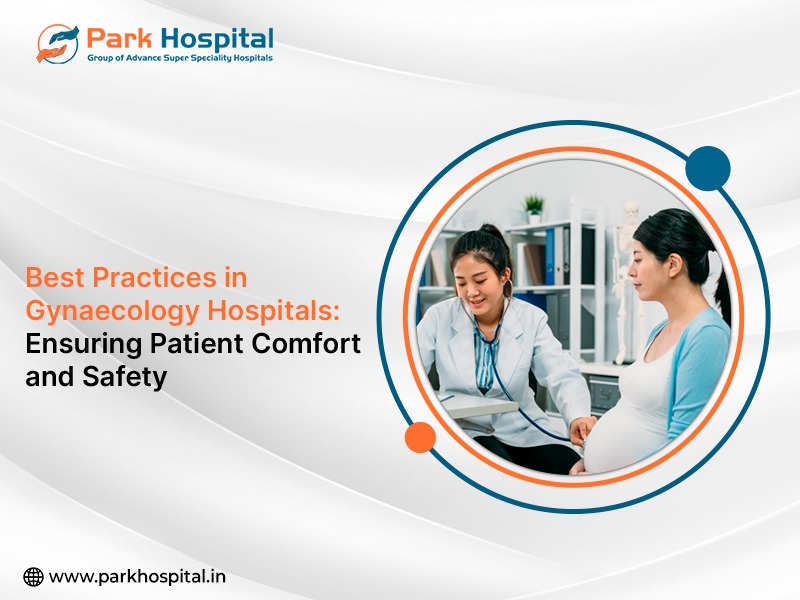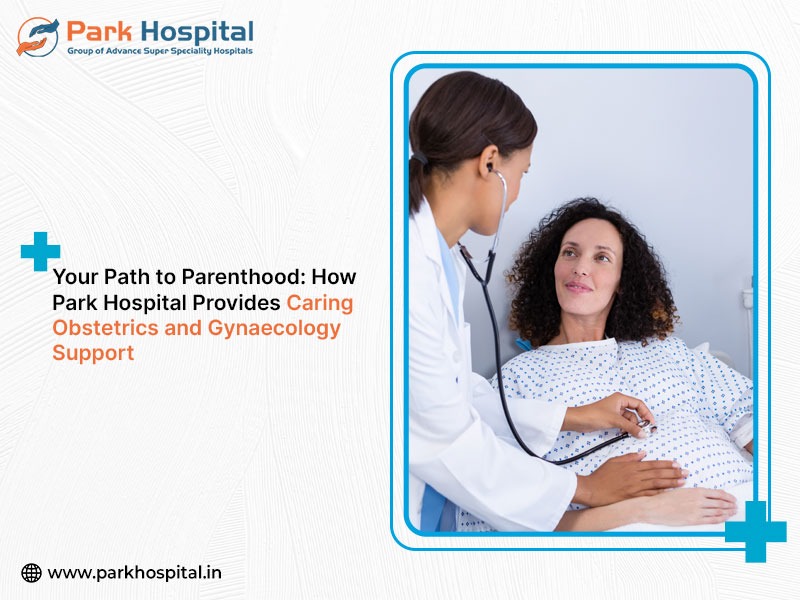Introduction
Polycystic Ovary Syndrome (PCOS) is a hormonal disorder common among women of reproductive age. It can occur due to a number of reasons. It is also characterised by the presence of multiple cysts on the ovaries. Women with PCOS may experience symptoms such as infertility, weight gain, acne, excessive hair growth (hirsutism), and hair thinning. Hence it is extremely important to visit a Gyne surgeon as they will help you figure out the necessary next proactive steps to ensure effective management of it.
Commonly Experienced Symptoms of Polycystic Ovary Syndrome (PCOS)
Polycystic ovary syndrome (PCOS) can occur due to a number of reasons. It is essential to understand these reasons in order to meticulously curate an effective management plan for it. Here are some of the most common symptoms that occur when you are diagnosed with polycystic ovary syndrome:
1. Irregular periods: When you struggle with the complications of PCOS, your menstrual cycle is immensely influenced. You can experience a more extended period, a shorter period, or an absence altogether. Hence, it becomes vital to visit a Gynaecology hospital to get the correct feedback and a thorough assessment of it.
2. Excess hair growth: Hirsutism is a condition where the growth of your hair is very excessive. This is also one of the reading symptoms of PCOS due to an imbalance in your hormones. It occurs when androgens (male hormones) are produced more than usual, leading to excessive hair growth.
3. Weight gain: Weight gain is another frequently noticed symptom of Polycystic ovary syndrome. It leads to increased fat accumulation, especially around the abdomen area. This not only highly impacts the overall health of the patient but also affects their confidence.
4. Pelvic Pain: Pelvic pain is another one of the leading symptoms of PCOS and can be caused by ovarian cysts (fluid-filled sacs on the ovaries) or inflammation in the pelvic region. This pain requires you to pay a visit to a Gynaecology hospital, which will further instruct you on how to manage these symptoms of PCOS.
5. Breast Tenderness: Breast tenderness, also known as mastalgia, can be one of the symptoms, too. It can bring a lot of pain and discomfort and hence requires you to immediately consult a professional regarding it.
Managing PCOS: Lifestyle and Medical Interventions
Beginning your journey of managing polycystic ovary syndrome can be quite complicated. However, you can effectively manage the critical symptoms of polycystic ovary syndrome by making a few alterations in your daily lifestyle. Here are some of the fundamental changes you can make in order to alleviate symptoms of PCOS:
Lifestyle Changes
● Dietary Adjustments: A balanced diet can permanently impact your lifestyle very positively. Incorporating sources of lean protein can really make a difference.
● Regular Physical Activity: Including regular exercises can improve not only your overall health but alleviate the symptoms of PCOS. Aim for at least 150 minutes of moderate-intensity aerobic activity per week, combined with strength training exercises on two or more days.
● Stress Management: Managing stress is vital, as stress can exacerbate PCOS symptoms and hormonal imbalances.
Medical Treatment Options
● Fertility Treatments: You can always pay a visit to a Gyne surgeon if the symptoms of your PCOS are too severe and may need medical intervention and treatments. Treatments such as laser hair removal or electrolysis can help reduce excessive hair growth, while prescription creams or gels can help manage acne associated with PCOS.
● Hormonal Therapy: Hormonal therapies are often prescribed to manage PCOS symptoms, particularly those related to menstrual irregularities and excessive androgen levels. Standard options include birth control pills and hormonal patches or rings.
Comprehensive Overview and Strategic Approaches for the Effective Management of Polycystic Ovary Syndrome (PCOS)
Polycystic Ovary Syndrome (PCOS) is a complex condition that requires a broad understanding of its features, causes, and treatment approaches to enhance effective management. While the likelihood of fully curing PCOS remains limited, it can be managed effectively if you follow the advice of your gynaecologist.
The team at Park Hospital empathises with the struggles associated with PCOS; hence, they make sure that every woman receives personalised care and support through diagnoses and therapeutic approaches. If you are looking for the Best gynaecologist near me, Park Hospital stands out as one of the top choices, renowned for its exceptional medical expertise

